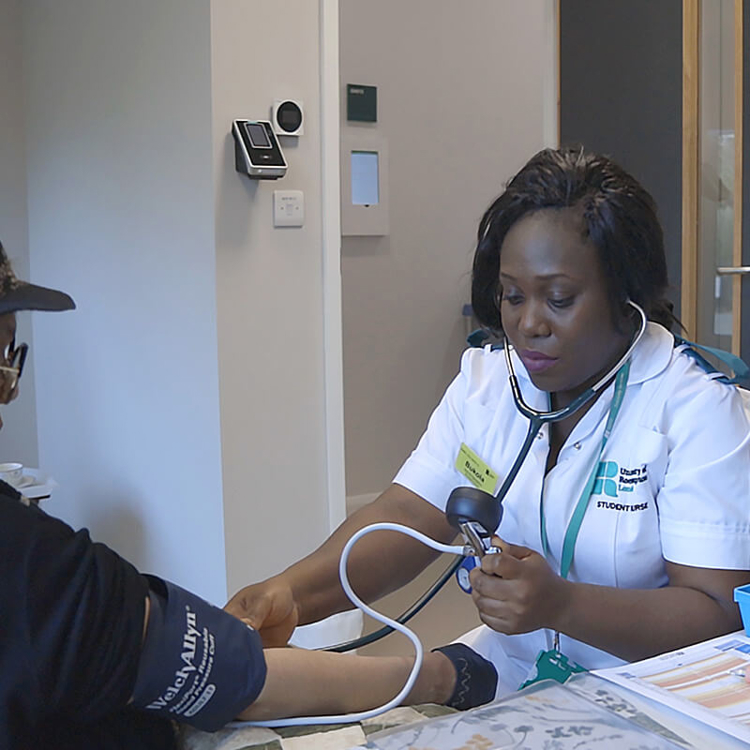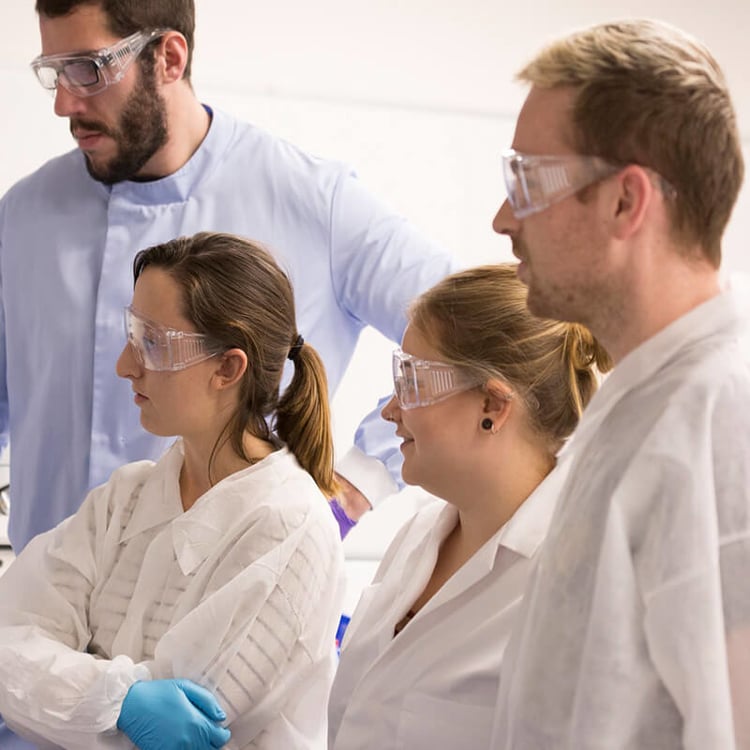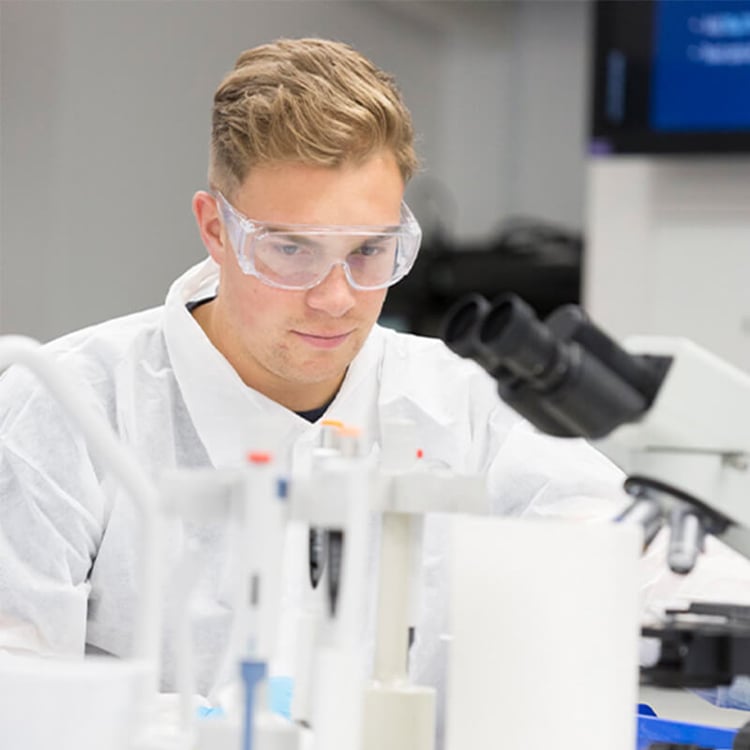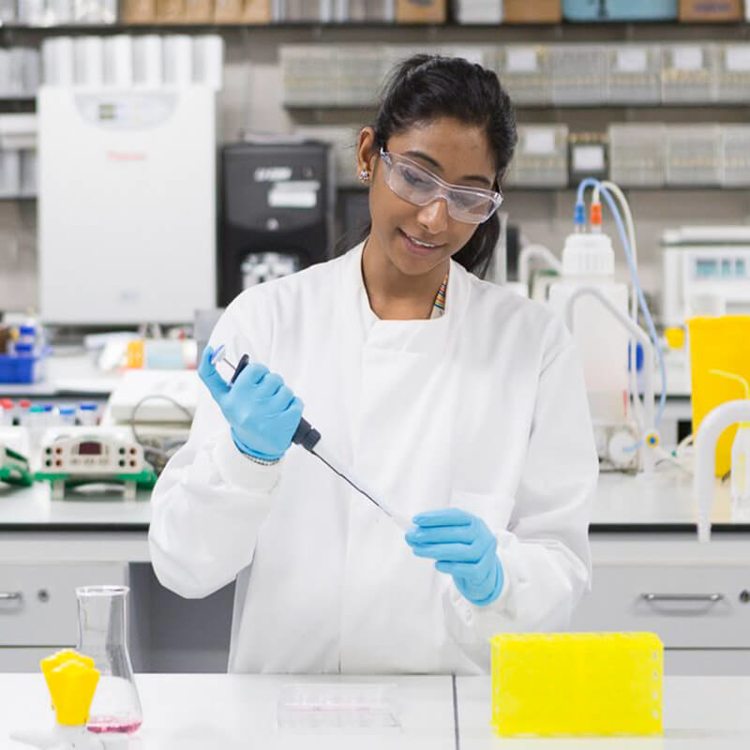You'll need:
112–128 UCAS points (or equivalent)
Foundation Year: 64–80 UCAS points (or equivalent)
International Foundation Pathway:
64 UCAS (or equivalent)
IELTS: 5.5
UCAS Code:
NC62
NC64 (if choosing Foundation Year)
Start date(s):
September 2026
Make a real impact on human health by gaining the specialist, practical skills needed to support the treatment and recovery of injuries.
In a world where improving physical wellbeing is increasingly important, this programme equips you with professional expertise while exploring the real-life applications of sports therapy, preparing you for a diverse range of healthcare and performance-focused careers.
On this programme you will:
- Assess individuals for a range of conditions and injuries and evaluate on-field scenarios to administer appropriate management, including basic life support.
- Make informed return-to-activity decisions for acute trauma and support athletes in safely returning to sport.
- Enhance overall performance by designing sport-specific programmes that prepare athletes for participation and reduce the risk of injury.
- Refer to other healthcare professionals when required.
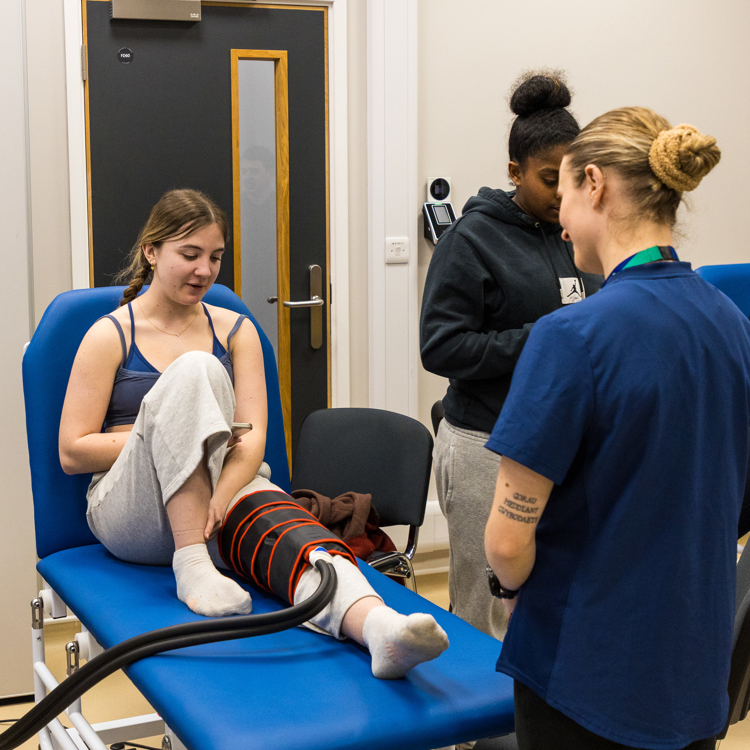
Did you know?
This programme is accredited by The Society of Sports Therapists and gives you the skills to qualify as a CIMSPA-recognised Level 2 Gym Instructor and Level 3 Personal Trainer, boosting your professional credibility and employability in the sports and health sector.
You will gain practical experience in real-world clinical and sporting settings, building the confidence and skills to succeed as a Sports Therapist.
Alongside practical, analytical, and problem-solving skills, you’ll cultivate key workplace attributes such as:
- Written and spoken communication
- Teamwork and collaboration
- Attention to detail
- Ethical practice and professional judgement
This programme is proudly accredited by the Society of Sports Therapists.
This accreditation ensures the programme meets the highest standards of education and professional practice required for those aspiring to become Sports Therapists.
You will gain the knowledge and skills to deliver safe, effective, and evidence-based training, providing a strong foundation for a career in sports therapy, fitness, and wellbeing.
By studying this course, you will also qualify as a CIMSPA-recognised Level 2 Gym Instructor and Level 3 Personal Trainer.
CIMSPA sets the benchmark for professionalism in the sport and physical activity sector, and recognition by them demonstrates your commitment to industry standards, enhancing your credibility and employability.
Modules
Module details: In this module, you will study the theoretical principles and practical skills required to assess and manage acute trauma, ranging from life-threatening injuries to common sporting injuries. You will also learn soft tissue therapy techniques for hands-on massage treatment, providing you with the skills to manage various injuries effectively.
Module details: In this module, you will study the key concepts and core foundations of human physiology and anatomy. You will gain an understanding of the structure and function of the human body, how body systems interlink, and how these relate to exercise and health. You will also work alongside students from a range of professional programmes, enhancing your learning experience.
Module details: In this module, you will learn from, about, and with peers from other professional programmes, supporting interprofessional collaboration. You will develop essential academic and study skills while exploring what it means to be a professional. The module will examine key ethical, legal, and regulatory frameworks relevant to each student’s chosen discipline. Through shared learning and reflection, you will begin to build a strong professional identity within the wider context of health and social care practice.
Module details: In this module, you will study the clinical assessment of upper and lower limb injuries. You will develop proficiency in taking effective subjective histories, conducting objective assessments, and applying clinical reasoning to identify musculoskeletal injuries. The module will also cover pathophysiology, injury mechanisms, and risk factors, preparing you for evidence-based rehabilitation.
These are the current planned modules on this course and may be subject to change.
This professionally focused module equips you with a detailed understanding of exercise physiology, health screening, clinical considerations, and performance training. It prepares you to assess, monitor, and design inclusive interventions for diverse populations, from elite athletes to individuals with conditions such as cardiovascular disease, diabetes, respiratory disorders, and musculoskeletal disorders. You will explore human performance science, the pathophysiology of non-communicable diseases (NCDs), and their relationship with physical activity, alongside performance enhancement techniques such as, periodisation, for both athletic and general populations.
Successful completion of this module will make you eligible for CIMSPA qualifications including gym instructor, personal trainer, and long-term condition management.
Module details: In this module, you will study how to provide a comprehensive subjective history and develop assessment skills for spinal conditions and injuries. You will explore risk factors such as movement patterns, psychological state, nutritional demands, and environmental conditions, all of which can influence injury and recovery in athletes.
Information and data can sometimes be limited, sometimes overwhelming, but your ability to interpret and analyse them is an essential skill as a scientist. In this module, you will develop the critical awareness and practical skills needed to evaluate data and understand research study design. You will explore both quantitative and qualitative approaches, learn how to analyse and present data, and engage critically with scientific and non-scientific literature. These skills will support your success in Level 5 and give you a strong foundation for Level 6.
Module details: In this module, you will study the theoretical and practical aspects of planning and implementing safe, effective, and progressive rehabilitation programmes. You will focus on addressing individual patient needs, integrating early, intermediate, and late-stage rehabilitation principles to optimise recovery and minimise the risk of re-injury.
These are the current planned modules on this course and may be subject to change.
Module details: In this module, you will study advanced manual therapy techniques, consolidating theoretical principles and developing practical skills. You will integrate evidence-based assessment, treatment, and rehabilitation strategies, with a focus on clinical reasoning, hands-on techniques, and emerging technologies. This module prepares you for real-world professional practice in manual therapy.
Module details: In this module, you will apply your theoretical knowledge to real-world challenges through independent and collaborative projects. You will identify a need within your discipline, gather and evaluate evidence, and use critical thinking to plan, develop, and implement a capstone project. Building on problem-solving, research, and communication skills gained throughout your programme, you will deliver a project that is relevant to your field, which may include community initiatives, innovation, or quality improvement. All projects are designed to meet programme-specific and professional standards, enabling you to demonstrate practical application of your learning and readiness for future professional practice.
Module details: In this module, you will study advanced clinical reasoning, assessment, treatment, and rehabilitation skills, enhancing your sports therapy practice. You will engage in evidence-based strategies for injury prevention, emergency care, rehabilitation programming, and professional practice, preparing you for real-world settings and working with specific populations.
Module details: In this module, you will gain practical experience through a year-long clinical placement tailored to your career aspirations. You will apply your knowledge in real-world settings and complete your sports trauma qualification, further enhancing your CV and preparing you for the industry.
In this module, you will have the opportunity to develop a detailed understanding of a specialist research topic. You will undertake a research project using rigorous scientific methods of investigation and analysis. This project allows you to demonstrate your advanced practical and investigative skills, along with your written and oral presentation abilities. Through this process, you will refine your research skills and showcase your capability to conduct independent, high-quality research in your chosen field.
These are the current planned modules on this course and may be subject to change.
This course offers a foundation year, which takes place at the beginning of your studies. Studying a foundation year will give you academic and practical experience, and a strong introduction to your subject, ensuring you succeed on your undergraduate degree.
30 credits
You will develop your core academic and integrated English language skills of speaking, listening, reading and writing. You will become familiar with key academic skills and concepts, such as referencing methods and awareness of academic integrity and tone. You will apply these skills and knowledge to both broad topics and also your chosen subject pathway.
Teaching and learning
You will be required to actively engage in on-campus learning for up to 10 hours a week.
You will be taught through a full range of teaching and learning methods, which include lectures, seminars, workshops, discussion groups, group directed tasks and presentations. This will enable you to learn from your peers and tutors in both structured and information settings.
You will be encouraged to think creatively about your approach to learning and discussions with your peers. You will also have access to recordings, resources, links and signposting through Moodle to enrich your learning.
Assessment
You will be assessed through group and individual presentations, comparative and reflective essays, multiple choice exams, coursework and reports, oral exams, portfolios, case studies and blogs.
30 credits
You will develop your core academic and integrated English language skills of speaking, listening, reading and writing. You will become familiar with key academic skills and concepts, such as referencing methods and awareness of academic integrity and tone. You will apply these skills and knowledge to both broad topics and also your chosen subject pathway.
Teaching and Learning
You will be required to actively engage in on-campus learning for up to 10 hours a week.
You will be taught through a full range of teaching and learning methods, which include lectures, seminars, workshops, discussion groups, group directed tasks and presentations. This will enable you to learn from your peers and tutors in both structured and information settings.
You will be encouraged to think creatively about your approach to learning and discussions with your peers. You will also have access to recordings, resources, links and signposting through Moodle to enrich your learning.
Assessment
You will be assessed through group and individual presentations, comparative and reflective essays, multiple choice exams, coursework and reports, oral exams, portfolios, case studies and blogs.
30 credits
You will develop your research, numeracy and information technology skills. You will investigate the difference between primary and secondary research, conduct your own research project and demonstrate your findings through data analysis. You will also develop your awareness of equality, diversion and inclusion in the UK, through a real-world issue; discrimination in the workplace.
Teaching and learning
You will be required to actively engage in on-campus learning for up to 10 hours a week.
You will be taught through a full range of teaching and learning methods, which include lectures, seminars, workshops, discussion groups, group directed tasks and presentations. This will enable you to learn from your peers and tutors in both structured and information settings.
You will be encouraged to think creatively about your approach to learning and discussions with your peers. You will also have access to recordings, resources, links and signposting through Moodle to enrich your learning.
Assessment
You will be assessed through group and individual presentations, comparative and reflective essays, multiple choice exams, coursework and reports, oral exams, portfolios, case studies and blogs.
30 credits
This module provides you with an integrated exploration of human physiology and nutrition, offering a comprehensive understanding of how the human body functions and the critical role of nutrition in supporting health and wellbeing. It examines the interplay between physiological processes and nutritional requirements, highlighting their importance in maintaining homeostasis, supporting growth, and optimizing performance.
The module begins with foundational topics, such as cellular structure, tissue types, and the anatomy and physiology of key systems, including the digestive, cardiovascular, and respiratory systems. You will then delve into the principles of energy balance, metabolism, and hormonal regulation, exploring the roles of macronutrients, vitamins, and minerals in human health.
Other key topics include fluid and electrolyte balance, the relationship between nutrition and immune function, and the nutritional demands of exercise and physical activity.
By the end of the module, you will be equipped with the foundational knowledge and practical skills necessary to apply physiological and nutritional principles to health promotion, disease prevention, and performance optimisation.
Teaching and learning
Through a combination of lectures, practical sessions, and discussions, you will develop the ability to critically analyse the integration of physiology and nutrition in promoting health. You will also gain insight into the consequences of imbalances, such as nutrient deficiencies, metabolic disorders, and the impact of malnutrition on the immune system.
The teaching delivery for each module consists of one, one-three-hour lecture and one, two-hour seminar per week. Lectures will cover core indicative content, while seminars will consist of research workshops, small group learning on relevant case studies and practical lab sessions.
You will also have an additional 30 minutes of online support each week, which will consist of formal preparation/review of lab sessions, or exam preparation (e.g. quizzes).
Assessment
This module will be assessed using an open book exam and a case study report.
50% - open book multiple choice exam, consisting of 30 questions.
50% - case study report, that explores the interaction between a physiological system and nutrition in maintaining health or contributing to disease.
30 credits
This module will explore critical aspects of research in Sports Science, Management and Therapy through methods of scientific thinking, techniques and experimental design, and will provide an opportunity to investigate the use of several techniques in all three disciplines.
You will be encouraged to explore correlational and experimental methods, the role of statistics, scientific argumentation and ethical working practices in relation to current scientific topics as reflected in news reports, recent academic publications and historical case studies. You will also be encouraged to critically debate relevant topics in sport and evaluate the need for rigorous quantitative and qualitative evidence in sports research.
You will begin with an introduction to the importance of evidence-based practice and the scientific method, progressing to an exploration of qualitative and quantitative research designs, data collection techniques, and ethical considerations. You will also gain hands-on experience with statistical analysis and the use of technological tools in sports research, such as wearable devices and performance monitoring equipment.
Teaching and learning
The module emphasises the development of professional communication skills, including scientific writing, data presentation, and effective poster presentations. Through workshops, case studies, and discussions, you will learn to identify potential biases and limitations in research, critically assess findings, and communicate results in a clear and impactful manner.
The teaching delivery for each module consists of one, one-three-hour lecture and one, two-hour seminar per week.
You will have a diverse learning experience of interactive workshops, case studies, practical exercises, group discussions, problem-based learning and guest speakers.
You will also have an additional 30 minutes of online digital support each week to enhance your understanding and learning.
Assessment
This module will be assessed using an information poster and reflections and a research proposal.
30% - informative poster, you will create a research poster that critically examines two contrasting prospectives on a chosen sports research topic.
70% - research proposal, develop a detailed research proposal on a specific sports-related topic of your choice.
These are the current planned modules on this course and may be subject to change.
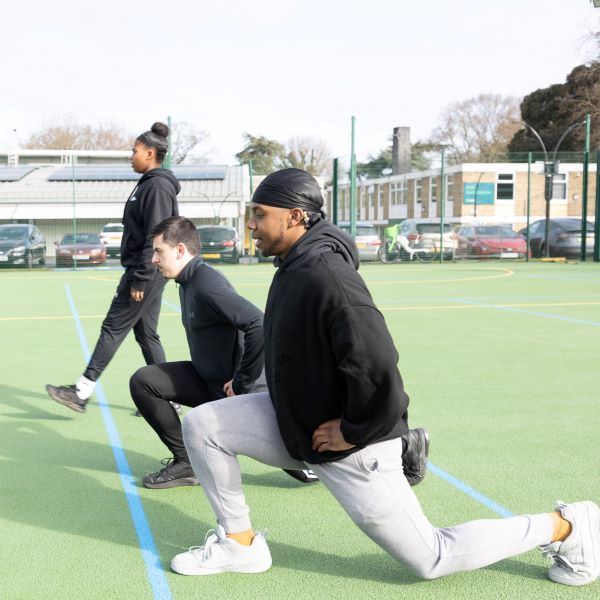
Why study Sports Therapy at Roehampton?
Are you considering a career in sports therapy?
Programme Leader, Leah Penfold shares five reasons why Roehampton could be the perfect place to start.
Discover how this degree can open doors to hands-on experience, specialist skills and a future helping others through sport.
Careers
A degree in Sports Therapy provides a strong foundation for a wide range of exciting and rewarding career paths.
Our assessments and practical experience designed to give you the transferable skills you need to succeed in a variety of professional settings.
You will graduate with expertise in areas such as rehabilitation, injury prevention, human movement, and communication; skills that are highly valued across clinical, sports, and community health environments.
Our graduates go on to work in a variety of roles across sports therapy and allied health, including:
- Sports Therapist – working in professional or amateur sports settings, private clinics, or public gym settings
- NHS and Community Roles – contributing to NHS services, sports clubs, or community projects that improve access to healthcare
- Academic Careers – from research positions to lecturing in higher education
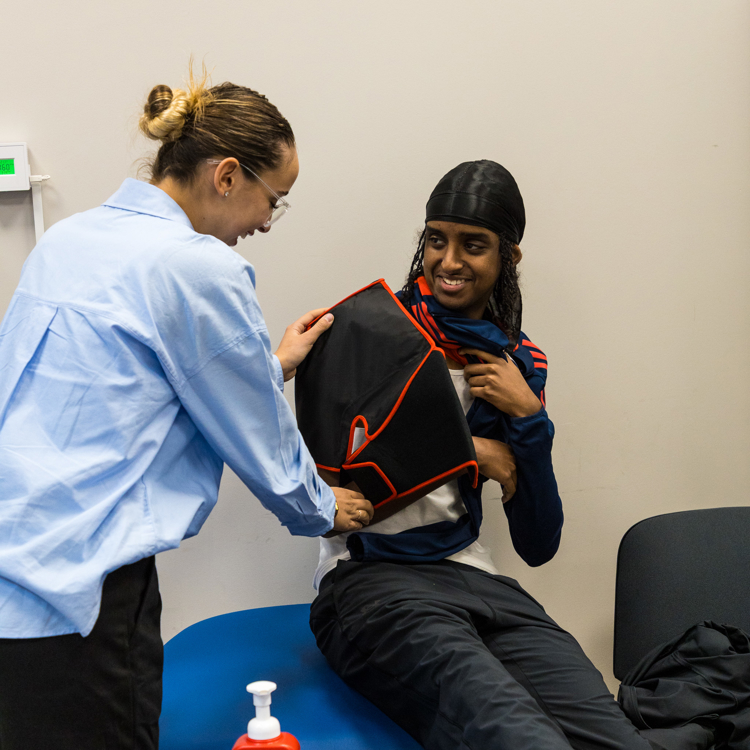
Advance your career with further study
With a BSc in Sports Therapy, you can also advance your career through postgraduate study, focusing on clinical practice, research, or management within sports and exercise science.
Alternatively, short courses and CPD opportunities allow you to enhance your skillset and prepare for patient-facing healthcare professions.
The Student Futures team is here to support you throughout your time at Roehampton and beyond.
They offer services tailored to your needs, helping you take confident steps towards your future.
You’ll have access to a wide range of career workshops and events, where you can engage with employers and develop the skills you need to succeed in the workplace.
These opportunities will help you build your CV, prepare for interviews, and connect with successful Roehampton graduates who are thriving in their careers. You’ll also be able to engage with our partners across London and beyond.
Wherever you want to go in the future, you'll be preparing for the world of work from your very first day.
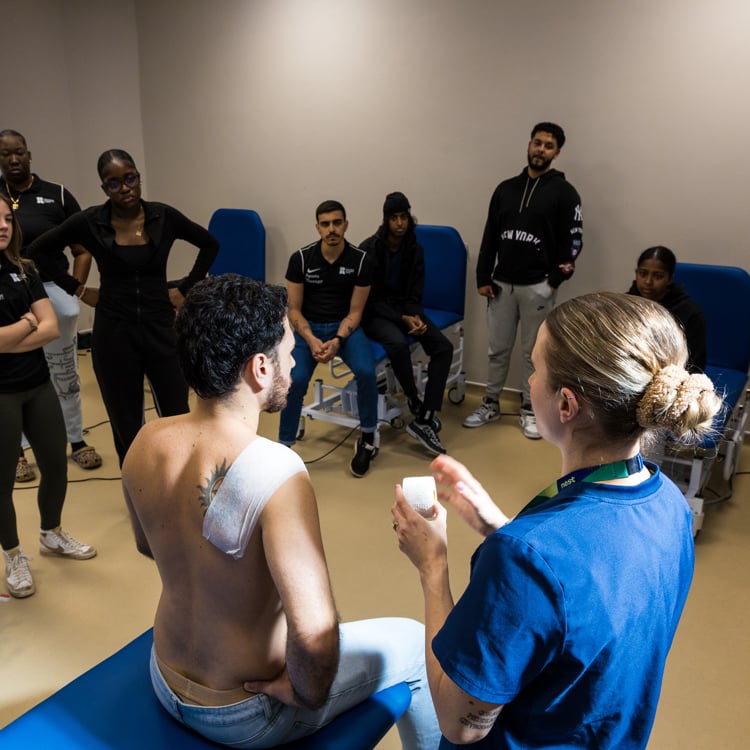
Gain real-world skills with clinical placements
As part of your degree, you will complete 250 hours of clinical placement in a variety of sports and healthcare settings.
The university will support you in securing a placement that matches your interests, giving you first-hand experience of the realities of sports therapy.
These placements allow you to apply the knowledge and skills you have developed in real-world scenarios, working alongside experienced professionals and building confidence for your future career.
Learning & assessment
How you'll learn
You will learn through a combination of practical experience, independent study, and real-world challenges. State-of-the-art sport and exercise science labs, simulation wards, and on-campus sports facilities give you the opportunity to apply theory in realistic settings, supported by expert laboratory and IT technicians.
In Year 3, you will shape your own studies by conducting research on a self-selected topic, allowing you to explore and expand current knowledge in sports therapy or sports and exercise science before you graduate.
Throughout the course, real-world assignments mirror professional scenarios, helping you develop practical skills, critical thinking, and the expertise needed for your future career.
How you'll be assessed
You will be assessed through a wide range of methods designed to enhance your understanding and practical skills while giving you a taste of industry practice. These include online tests, laboratory reports, presentations, essays, research or data collection projects, and ‘objective structured clinical examinations’ (OSCE).
Real-world assignments will challenge you to apply your knowledge in practical contexts, ensuring you graduate with an in-depth understanding of both theory and hands-on applications, ready to take the next step in your career.
Who teaches on this course?
Leah Penfold
Programme Leader
Leah is a lecturer in Sports Therapy at the University of Roehampton. She holds a BSc in Sports Conditioning, Rehabilitation and Massage and an MSc in Sports Rehabilitation (Pre-registration). She is a registered member of the British Association of Sport Rehabilitators and Trainers (BASRaT) and the Sports Massage Association (SMA).
Leah has worked in a wide range of settings, providing pitch side first aid and sports injury management across sports such as football, kickboxing, field hockey and American football. Most of her experience is in rugby, from local and school teams to professional sport, including the Australian Rugby Union Team.

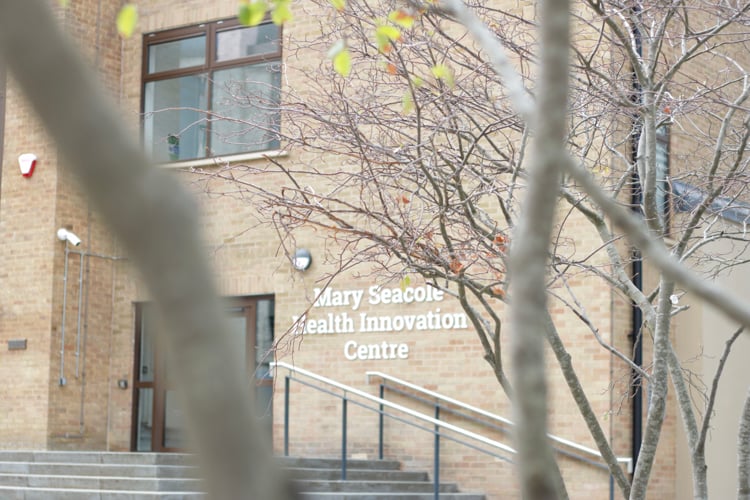
Hands-on learning in state-of-the-art facilities
Our facilities are designed to give you hands-on experience and real-world practice.
You’ll work in human physiology and biomechanics labs, practise therapy skills in the Mary Seacole Health Innovation Centre’s and Grove House mock wards and consultation rooms, and make use of on-campus sports facilities including the gym, sports hall, and multi-use games area (MUGA).
Everything is set up to help you develop the skills and confidence you need for a career in Sports Therapy.
Open days
Get a real taste of our campus, community and what it’s like to study at Roehampton
Applying
Full-time UK undergraduate students apply through UCAS.
Entry tariff
112–128 UCAS points (or equivalent)
Foundation Year: 64–80 UCAS points (or equivalent)
Looking to work out your UCAS points or find out about our entry requirements? Find out more.
When we consider applications to study with us, we form a complete view of your achievements to date, and future potential, and can offer flexibility in entry requirements. Find out more about our Contextual Offer scheme.
Specific entry requirements
A-level in either PE, Human Biology, Biology; or a BTEC in Sport or a Sport-related area such as Health, that includes Anatomy and physiology units. GCSE (C/4) in English and Mathematics.
General entry requirements
International undergraduate students apply through our direct application system.
Entry tariff
112–128 UCAS points (or equivalent)
International Foundation Pathway:
64 UCAS (or equivalent)
IELTS: 5.5
Looking to work out your UCAS points or find out about our entry requirements? Find out more.
When we consider applications to study with us, we form a complete view of your achievements to date, and future potential, and can offer flexibility in entry requirements. Find out more about our Contextual Offer scheme.
Specific entry requirements
A-level in either PE, Human Biology, Biology; or a BTEC in Sport or a Sport-related area such as Health, that includes Anatomy and physiology units. GCSE (C/4) in English and Mathematics.
General entry requirements
Fees and funding
UK students
Tuition fees
| Entry date | Undergraduate Year 1 | Undergraduate Foundation Year |
|---|---|---|
| September 2026 | £9,790 | £9,790 |
Prices shown are for the first year of your degree.
Funding your studies
We also provide other ways to support the cost of living, including on-campus car parking, hardship support and some of the most affordable student accommodation and catering in London.
International students
Tuition fees
| Entry date | Undergraduate Year 1 | Undergraduate Foundation Year | International Foundation Pathway |
|---|---|---|---|
| September 2026 | £17,628 | £17,628 | £17,628 |
| January 2027 | – | – | £17,628 |
Prices shown are for the first year of your degree.
Funding your studies
We also provide other ways to support the cost of living, including on-campus car parking, hardship support and some of the most affordable student accommodation and catering in London.


